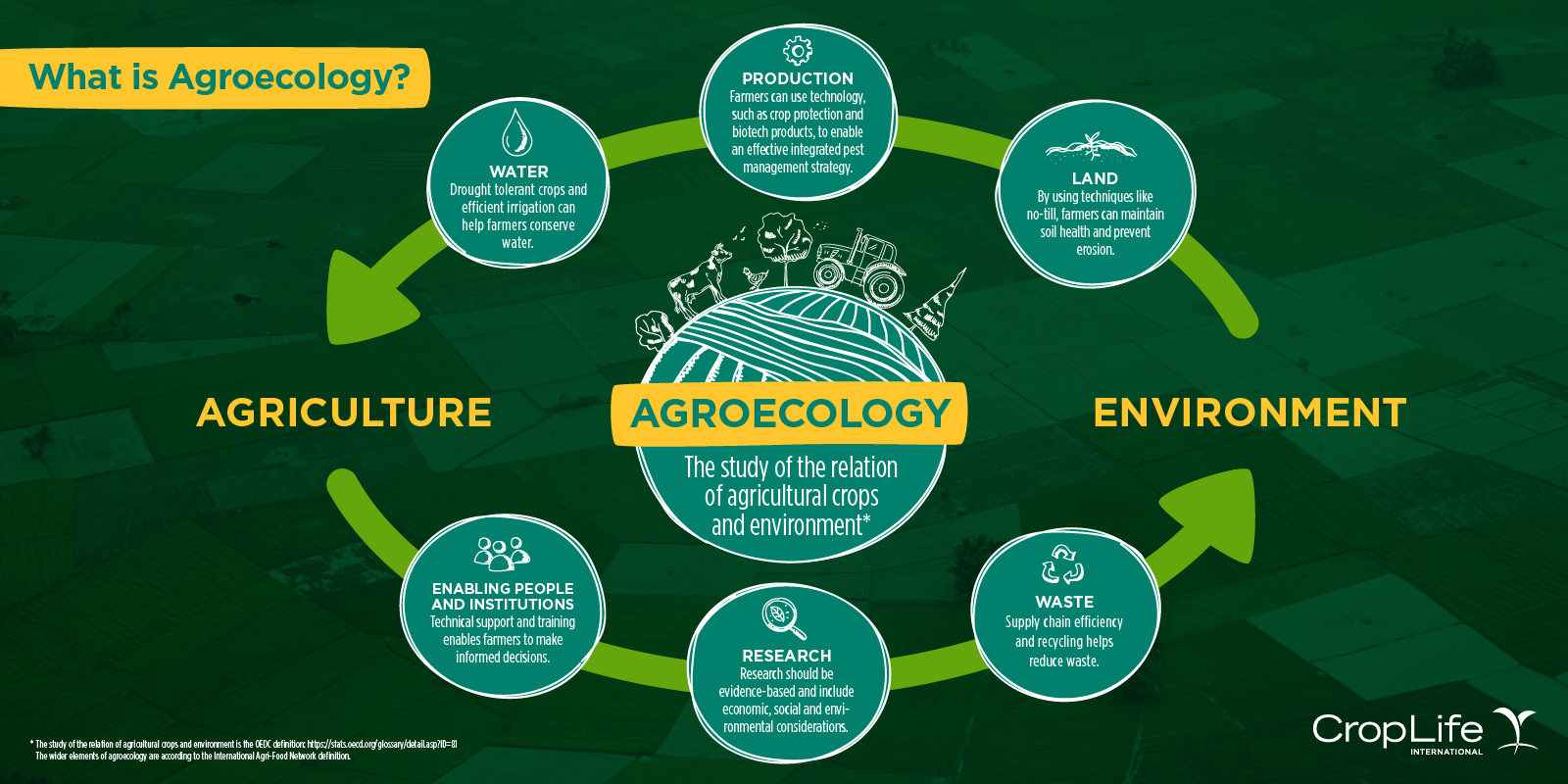While the coronavirus pandemic dominates global news, another deadly on-going public health emergency has gotten lost in the headlines. Tens of millions of Africans risk starvation as a continuing Desert Locust infestation explodes across the Horn of Africa. For more than six months, the UN’s Food and Agricultural Organization (FAO) has sounded the alarm. But the response of FAO’s leadership, otherwise preoccupied with imposing zero-technology, low-yield “agroecology” on African farmers, has been conflicted and flat-footed at best.
FAO is one of the leading international organizations mandated to help global farmers and governments overcome such threats to food supplies. The agency was aware of the impending peril as early as September last year, but for seven months now has failed to take effective action as the situation has gotten progressively worse. It is now to the point where, in the words of Tobias Takavarasha (FAO’s representative in Kenya),“the Desert Locust upsurge is a direct attack to FAO’s mandate to eradicate hunger, food insecurity and malnutrition.”
Here’s where things stand: “city-sized” swarms of Desert Locusts are eating their way across the farms and pastures of the Horn of Africa and daily invade new territories. Locust swarms are now found in 26 countries, with seven East African countries especially hard hit. Each day, locust swarms eat enough food to feed as many as 350,000 people and FAO warns that more than 20 million people now face a severe risk of food shortages and potential starvation. The situation in Ethiopia, Somalia and Kenya is reported to be particularly dire.

What is happening in Kenya highlights how critical the situation has become. According to the Kenyan government, 26 of 47 counties report massive locust swarms. Samburu and Marsabit counties are especially overwhelmed and struggling to cope. FAO was finally forced to overcome its anti-pesticide reflexes and recommended aerial pesticide spraying, which is the only effective way to control the insects. To date, however, Kenya has only nine planes -- one for surveillance and eight for spraying -- to cover the country’s more than 580,000 square kilometers.
If all of that isn’t dispiriting enough, Kenya also can’t get sufficient supplies of the pesticides it needs. Much as other countries are scrambling to buy ventilators to deal with the coronavirus, African nations are desperately competing in global markets to buy increasingly scarce pesticides used in locust control. To make matters worse, coronavirus-related flight bans are making it almost impossible to import the pesticides to Africa.
This couldn’t have come at a worse time. More pesticides are needed now. The locusts in Kenya, for instance, are currently in their most destructive stage. Widespread breeding and egg-laying – the next generation of hungry pests in the making -- is accelerating. Experts warn that the infestations could soon become impossible to control.
Certainly, the emerging global coronavirus pandemic compounds all efforts to address Africa’s unfolding locust disaster. But FAO can’t use the virus as an excuse. They have known for over half a year now that this locust plague was coming. They could have urged affected governments to secure and use life-saving pesticides sooner. Why were they so negligent?
The answer, unfortunately, is in little doubt. The obvious and practical need for pesticides to control the locusts was in direct conflict with the agency’s increasingly “pro-agroecology” agenda and its claims that modern pesticides are harmful and unnecessary to maintain food production. For the better part of a decade now, FAO and its NGO allies have been pressuring Africans to give up the critical farming inputs that every other region in the world uses to grow their crops and instead rely on age-old, politically correct “indigenous” and “peasant” farming methods. Even in the midst of this crisis, as I have outlined in previous columns, Kenya is being lobbied by FAO’s NGO allies to ban hundreds of critically-needed pesticides, including those that FAO says are needed to kill locusts.
If there’s one lesson the dual plague of coronavirus and locusts teaches us, it’s that nature isn’t so benign after all. Nature is literally trying right now to destroy every food crop in the field and starve every person in the Horn of Africa, and there is no “natural” and “culturally-sensitive” solution that will prevent that from happening. FAO -- if it hopes to rescue its reputation from this horrible fiasco – needs to drop its ideological fixations and start saving lives.